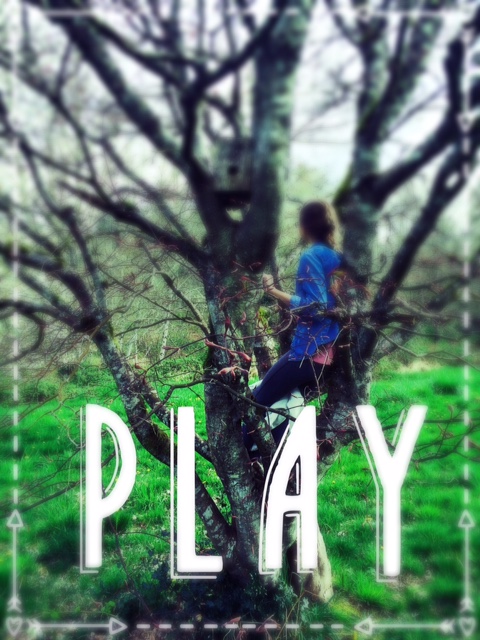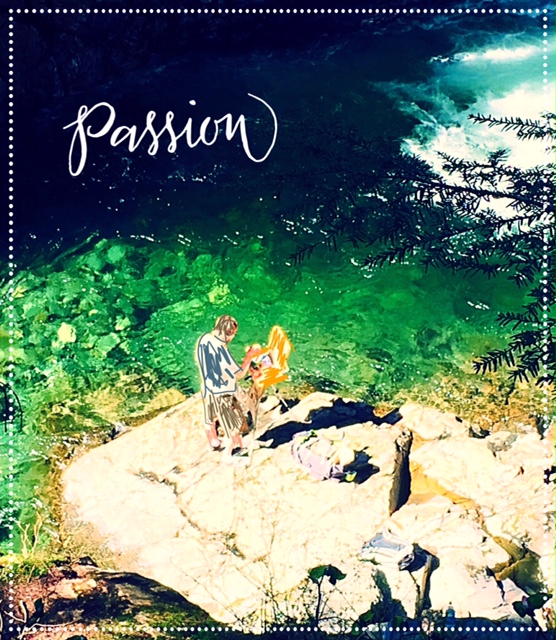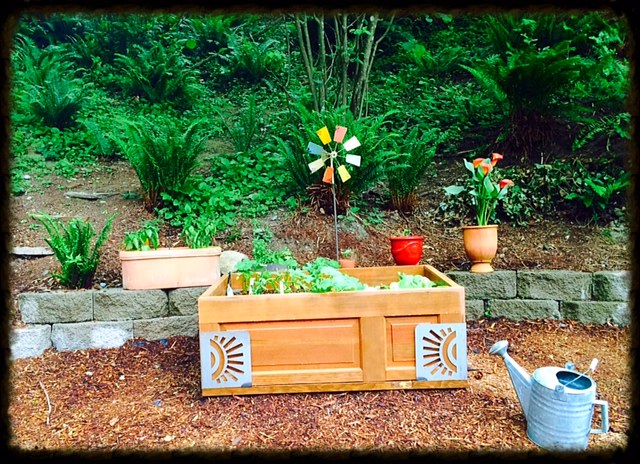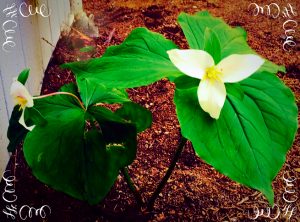Improving the way you think about yourself and the way you interact with the world around you is a key element in growth, healing and influence. As you feel better about yourself, you will attract healthy people and positive outcomes. Your perspective will change, as well as your self-respect.
When people come out of a dysfunctional or destructive relationship, they often scrape what’s left of their self-esteem up from off the floor. It has been questioned, put down and even attacked. If this describes you, you may have even lost trust in yourself. Maybe you lived through crazy making, brain washing, and psychological manipulation. Or maybe you were the “last to know” about your partners’ affairs and you feel like the fool.
No matter what, finding yourself in a dysfunctional or destructive relationship causes a major hit to the self-esteem. If you are recovering from a bad relationship, you will need time to heal. Your self esteem requires some care and attention in order for that healing to happen.

What is a healthy self-esteem, and how do you know when you’ve got one?
I really like a quote I read by President Truman defining humility, “Humility is an accurate assessment of yourself.” This means that you are not blind to your faults, but you are not consumed by them either. A healthy ego is able to sustain some course corrections, some negative feedback and some insults without falling apart. A healthy ego is not self obsessed, or aggrandizing, but is able to practice self-respect, self- confidence, and positive view of self. Having a happy sense of self means that you know how to hold on to yourself through the good and the bad, and you count yourself as equal to others.
Recovering your healthy sense of self after a toxic relationship, requires intentional effort and consistency. You can do it! Here’s how.
Limit Exposure to Toxic People: exposure to toxic people can vary in severity, duration and frequency. If you have brief encounters with a jerk, your self esteem could pretty much stay in tact. However, if you feel powerless to affect change in a jerk’s toxicity toward you, and your exposure to said jerk was enduring, severe and frequent, your self-esteem injury could be deep, infected and scarring.
Enduring toxicity may include psychological game-playing, slander, bullying, abusive control, punishing silence, personal attacks, pathological lying, and intermittent love/abuse cycles. These toxic patterns keeps their victims always guessing, uncertain, and helpless feeling. This relationship poison causes the victim to stop trusting themselves. Even people who start out confident and self-assured, can sustain a self esteem injury when exposed to persistent, deliberate psychological abuse.
It’s important to get free from the toxic environment/relationship as soon as you can. Your sense of self can not fully heal if you stay in the toxic relationship hoping it will get better.
How to Heal the Wounded Self:
It is hard to know where to start after leaving. If you have children from the relationship, a lot of time will probably be spent making sure they are safe and cared for. But it is important to think how you will keep yourself safe and cared for as well. Here are some steps to recover your lost sense of self.
- Find what you like to do and do it
- Decorate your new space
- Exercise to make your body feel alive, energetic and strong
- Create by planting, crafting, sketching, cooking, or writing
- Let Nature Nurture by spending time outdoors or with animals
- Let Music be a powerful source for reflection, encouragement and outlet
- Surround yourself with positive, caring people
- Nurture yourself with things like a bath, candles, massage, long walks, cups of tea
- Adopt a SELF CARE plan that includes all of these things and a schedule of how and when to do them.
It’s not just WHAT you do to recover your sense of self, it is HOW you do it. People who are able to accomplish these self-care tasks in a spirit of love and gratitude will make them that much more effective. Since you are in the process of recovering who you were, who you are and who you will be, you will need to do any of these activities with great love and care. Say to yourself, “I love the water feels on my body,” or “I will receive this beautiful music as if it were written just for me,” or “my heart is really pumping and alive today, “ or “I’m grateful for the way my dog shows me attention,” or “the sun is shining through the trees so beautifully right now. I’m glad I am here to experience it.” Receiving these small gifts to our self esteem make them stick.
Once leaving a toxic environment or relationship, you may be tempted to isolate yourself. Instead, make small consistent steps toward openness, acceptance, connection and strength. With slow, consistent self-care exercises, you will recover your sense of self and you will reinvent for your future.
















